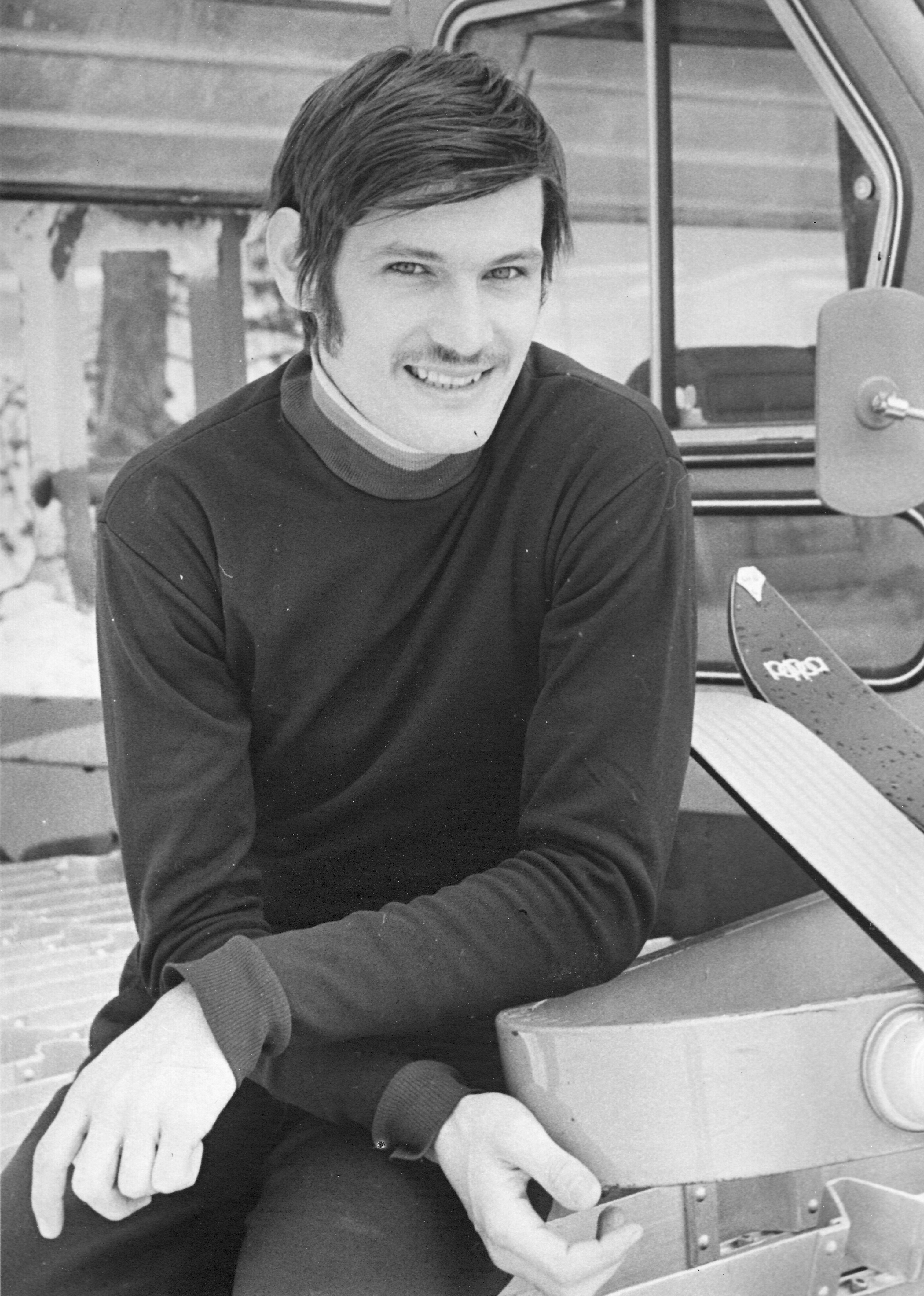We didn’t dope. We said we wanted to have healthy kids

Download image
Tomáš Kučera was born on 8 August 1948 in Jablonec nad Nisou. From an early age he lived with his parents Antonín and Marie in Harrachov. His father was a hotelier and during the Second World War he ran the Radhošt’ mountain chalet in the Beskydy Mountains. Mum came from the family of the Ostrava factory owner František Lazecký. His father was in contact with the partisans during the Second World War. After the communist coup in February 1948, Mum lost her tenement house in Ostrava and dad lost his lease on the Erlebach Hotel. The currency reform in 1953 deprived him of three hundred thousand crowns. Tomáš Kučera has been skiing since the age of two and as an associate skier he made the junior and senior national team. After training as an auto mechanic, he enlisted in 1967 in the Dukla Liberec. He finished fourth at the 1968 Winter Olympics in Grenoble. He was one of the biggest favourites at the 1970 World Nordic Ski Championships in the High Tatras. On the hill he had the longest jump of all the Nordic combined skiers, but he fell, got injured and did not finish the race. He finished sixth at the 1972 Winter Olympics in Sapporo. From 1976 he was a coach of the Nordic combined in Dukla Liberec and later he led the national team of adults. His son Milan, born in 1974, won fourth place at the 1995 World Championships in Thunder Bay and fifth place at the 1998 Winter Olympics in Nagano. Tomáš Kučera started working in the second half of the 1990s as director of the Nordic Combined section. He retired from his position in 2002 and since then he has been working in the Harrachov Sports Complex in the modification of ski jumping hills and cross-country skiing tracks. He returned to coaching in 2020. In the following years he devoted himself to children from Harrachov and Rokytnice nad Jizerou. He and his wife raised a son and two daughters. In 2024 they lived in Harrachov.


















